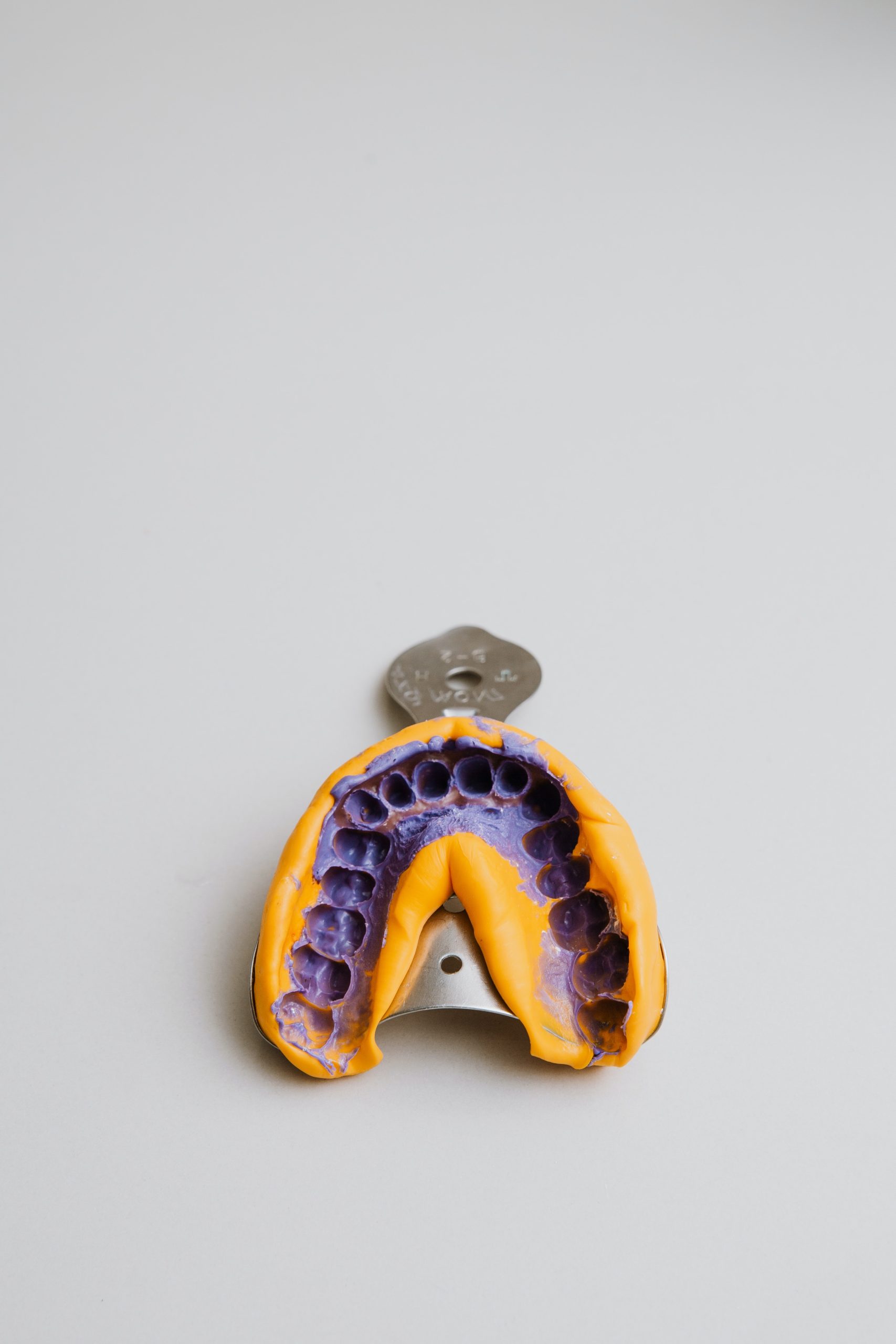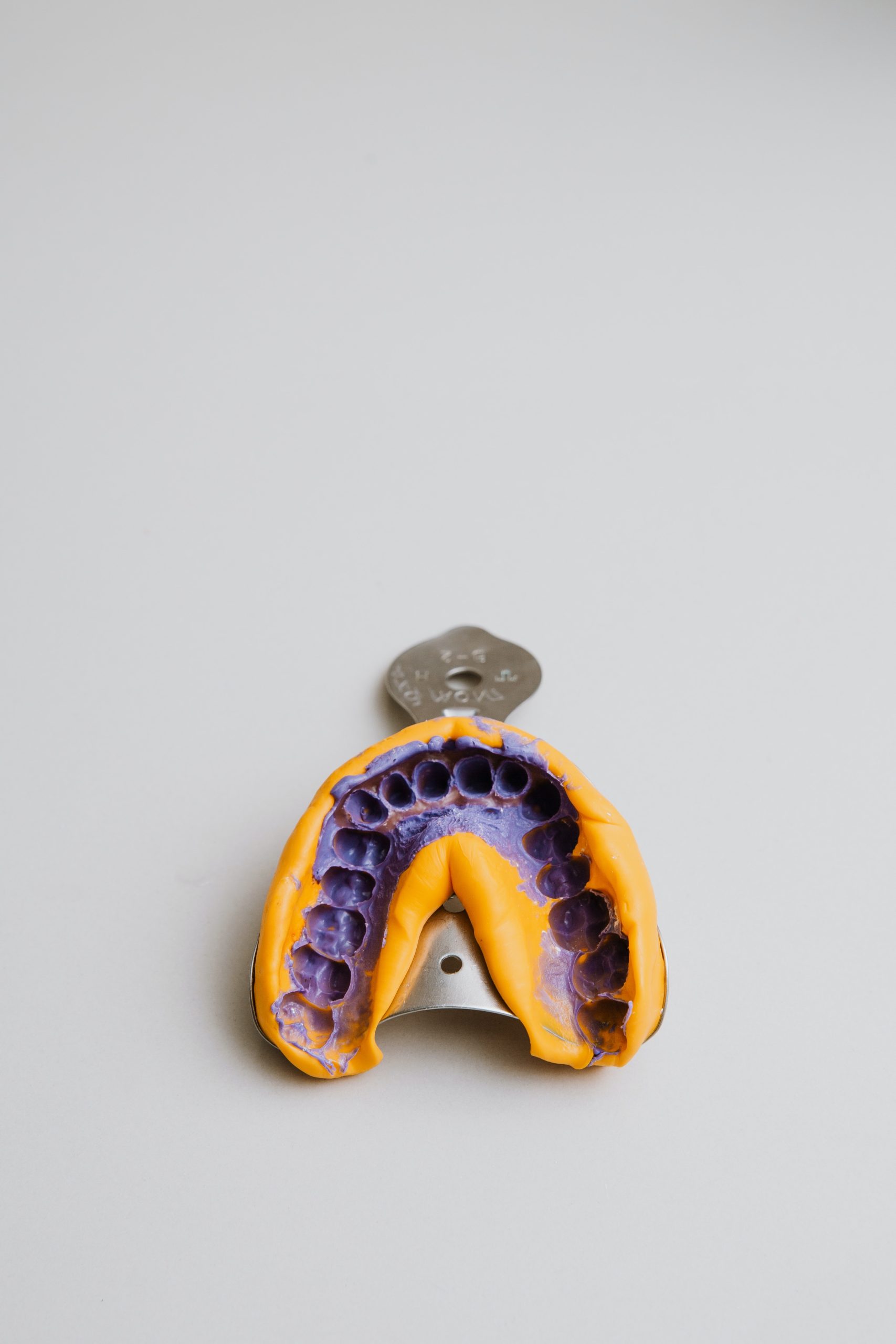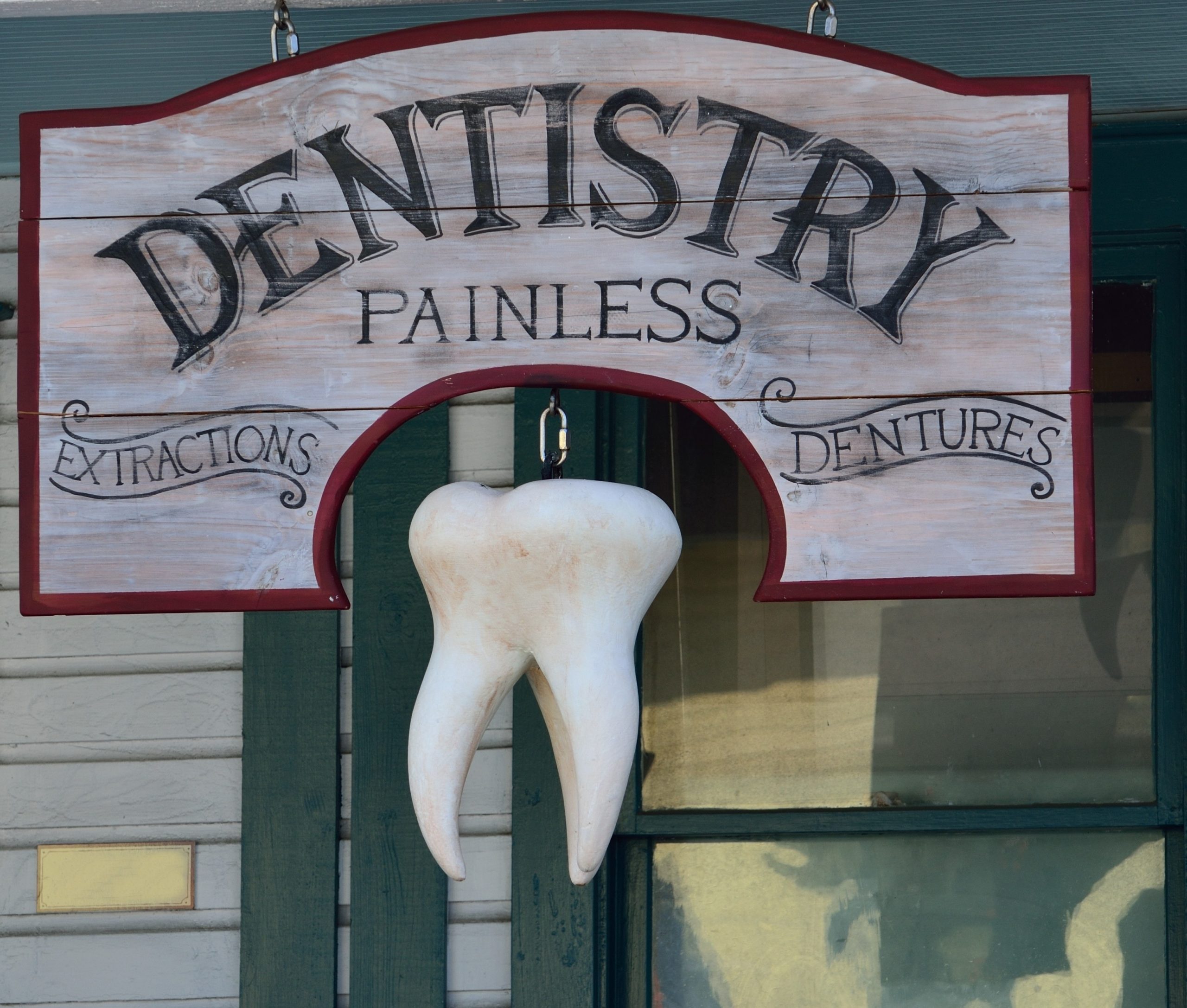Toothache is a frequent experience caused by various factors, such as tooth decay, gum disease, dental trauma, and sinus infections. It is crucial to treat tooth pain quickly to avoid further damage and to maintain healthy oral health. Untreated tooth pain can cause tooth infection or even loss.
Dental decay is avoidable, and there are ways to decrease the chance of developing cavities. Following the correct steps can ease your discomfort, prevent further dental problems, and maintain healthy oral health.
Steps to Follow if You Have a Toothache
Tooth discomfort can be a very uncomfortable experience that can make routine activities. If you are experiencing tooth pain, taking action and seeking the appropriate treatment as soon as possible is vital. If you wait too long, the treatment may worsen your discomfort and could lead to more extensive and costly procedures later on; click here to book a slot with a reputable dentist.
Identify the Cause of the Tooth Pain
Tooth pain may have many causes, including gum disease, tooth decay, dental trauma, and sinus infections. Identifying the root cause of the pain is the first step in finding the appropriate treatment. For instance, if a cavity causes discomfort, a filling could be necessary.
Root planning and scaling could be necessary if the pain is due to gum disease. If tooth pain is due to dental trauma or infection, a root canal or extraction may be necessary. Consult with a dentist or dental professional is the most effective way to identify the cause of your toothache.
Manage the Pain at Home
While waiting to see an appointment with a dentist, there are a few things that you can do to help manage the pain. When taking pain relievers, following the recommended dosages and precautions stated on the product’s label or as the advice of a health professional is vital.
Cold compresses can aid in reducing swelling and temporarily numb the discomfort. It is crucial to remember that these treatments are not permanent and shouldn’t be considered a replacement for dental treatment.
Maintain Good Oral Hygiene
A healthy oral hygiene routine is vital to avoid tooth pain and maintain oral health. Brushing twice daily and flossing can remove plaque and prevent gum disease and tooth decay. A mouthwash with antibacterial properties will also assist in killing harmful bacteria that can cause tooth pain and other oral health problems.
Avoid Certain Foods and Drinks
Certain drinks and foods can cause tooth pain, specifically in the case of tooth decay or sensitive teeth. Avoiding acidic and sugary foods like soda, candy, and citrus fruits can help keep your teeth from becoming more sensitive and decaying. Drinking plenty of water and eating foods high in calcium, including yogurt and cheese, can also aid in strengthening your teeth.
Schedule an Appointment With Your Dentist
If you’re experiencing tooth pain, making an appointment with your dental professional as soon as possible is vital. The longer you delay, the more serious the problem will become, resulting in the need for more expensive and lengthy treatment.
It’s best to schedule an appointment with a dentist in Bayonne, NJ. At a routine check-up, your dentist will perform x-rays when necessary and determine the best treatment for your condition.
Consider Emergency Dental Care
You may require emergency dental treatment if you’re experiencing extreme discomfort, swelling, or bleeding. Sometimes waiting for your regular appointment may not be practical and urgent care may be required. Many dental offices offer emergency services and can accommodate same-day appointments for urgent situations.
The dentist may recommend a dental implant procedure if the tooth cannot be saved. This standard procedure involves replacing the damaged tooth with an artificial one that looks and functions like a natural one; ask your dentist what is the dental implant procedure before making a decision.



